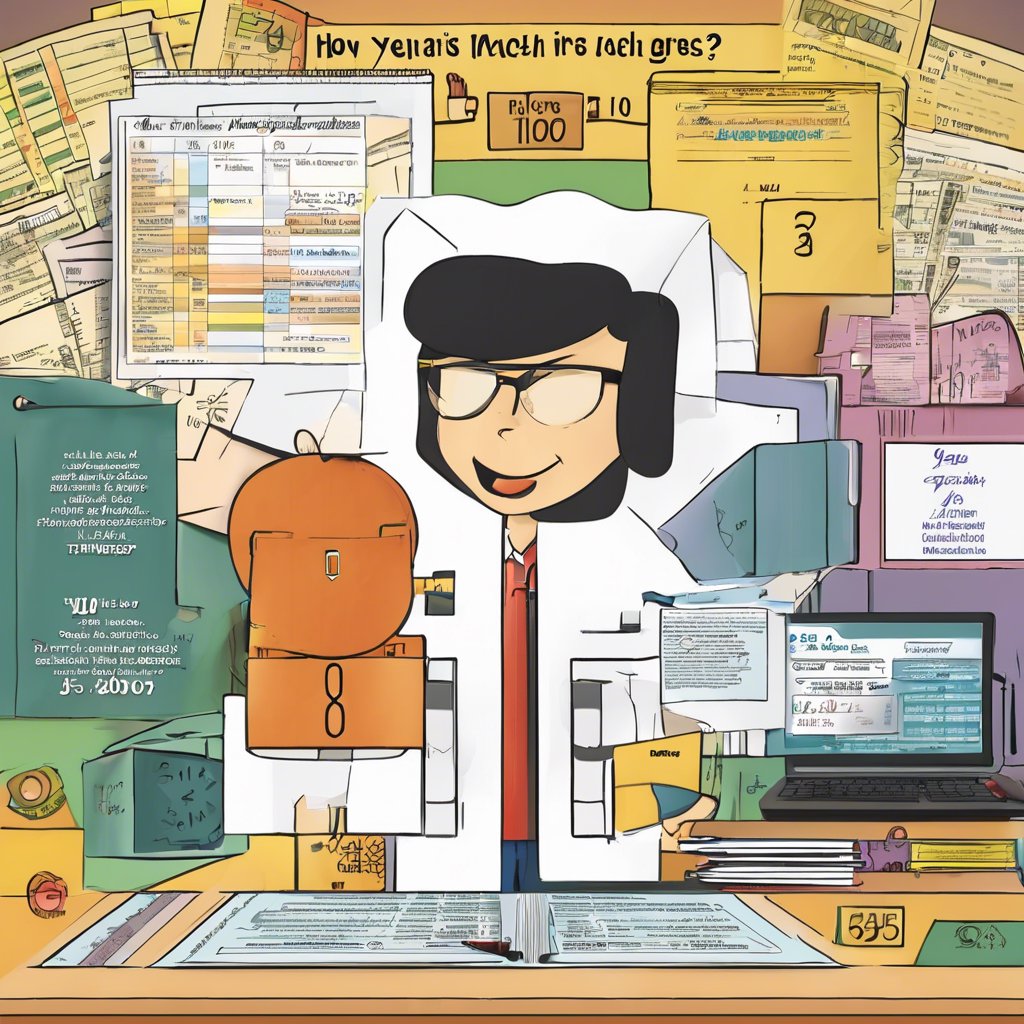Understanding the duration of each degree program is essential for students planning their educational journey. Whether pursuing a bachelor’s, master’s, or doctoral degree, each level of education comes with a distinct timeframe. In this article, we will explore how many years are typically required to complete each degree, providing a comprehensive guide for students and prospective learners.
Bachelor’s degrees are undergraduate programs that typically span four years of full-time study. Students pursuing a bachelor’s degree engage in a variety of courses within their chosen major while also completing general education requirements. The four-year timeframe allows students to delve into their field of study, gain foundational knowledge, and develop essential skills for their future careers.
For individuals seeking advanced knowledge and specialization in a specific area, master’s degrees offer an opportunity for further education. Master’s programs usually require one to two years to complete, depending on the field of study and the program’s structure. During this time, students engage in in-depth coursework, research, and sometimes internships to enhance their expertise.
Doctoral degrees, also known as PhDs, are the highest level of academic achievement and require a significant time commitment. Completing a doctoral program typically takes around 3 to 7 years, including coursework, research, and the completion of a dissertation. Doctoral candidates work closely with faculty members to conduct original research and contribute to their field’s knowledge base.
In addition to the traditional degree programs, there are also accelerated options available for students looking to fast-track their education. Accelerated bachelor’s programs can be completed in as little as three years by taking additional courses each semester or during the summer. Similarly, accelerated master’s programs allow students to earn their degree in a shorter timeframe through intensive coursework.
For individuals considering a career change or looking to enhance their skills in a specific area, certificate programs provide a shorter alternative to traditional degrees. Certificate programs vary in length, with some lasting a few months to a year, depending on the program’s focus and requirements. These programs offer specialized training and credentials to help individuals advance in their careers.
When deciding on the right educational path, it is essential for students to consider not only the duration of the program but also the curriculum, faculty, and career opportunities available. Conducting thorough research and consulting with academic advisors can help individuals make informed decisions about their education and future career prospects. By understanding the timeframe required for each degree program, students can plan effectively and pursue their academic goals with confidence.
In conclusion, the duration of each degree program varies depending on the level of education and the field of study. Bachelor’s degrees typically take four years to complete, while master’s programs range from one to two years. Doctoral degrees require a longer commitment of 3 to 7 years, including research and dissertation work. Accelerated options and certificate programs offer alternative pathways for students seeking to expedite their education or gain specialized training. By understanding the timeframes associated with each degree, students can make informed decisions and embark on a successful educational journey.

